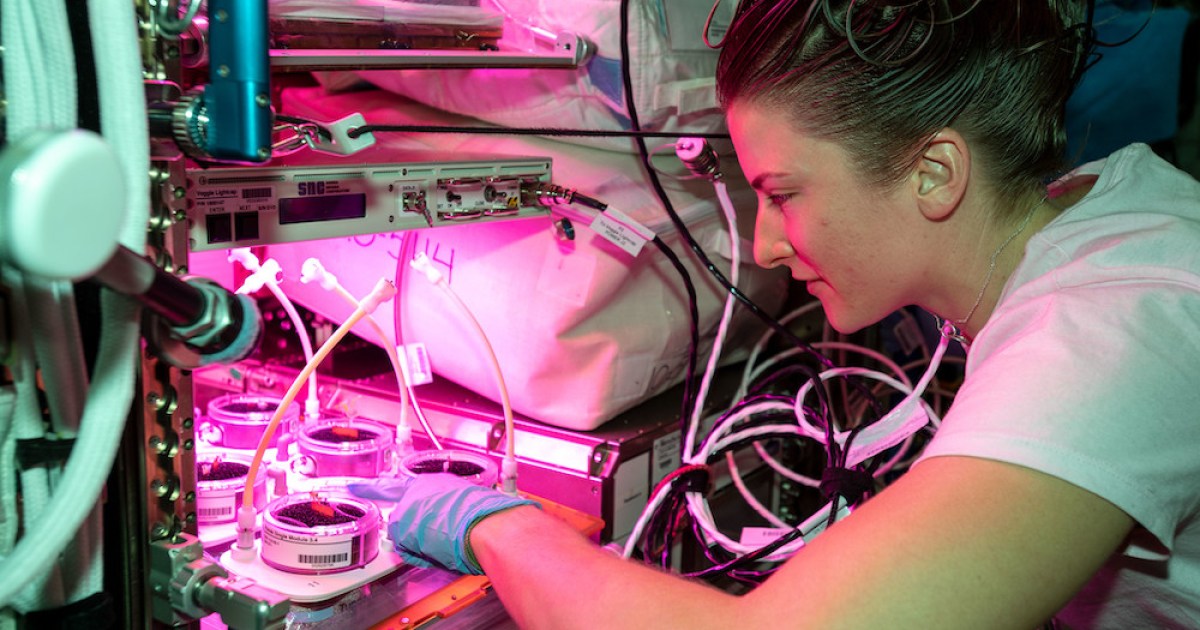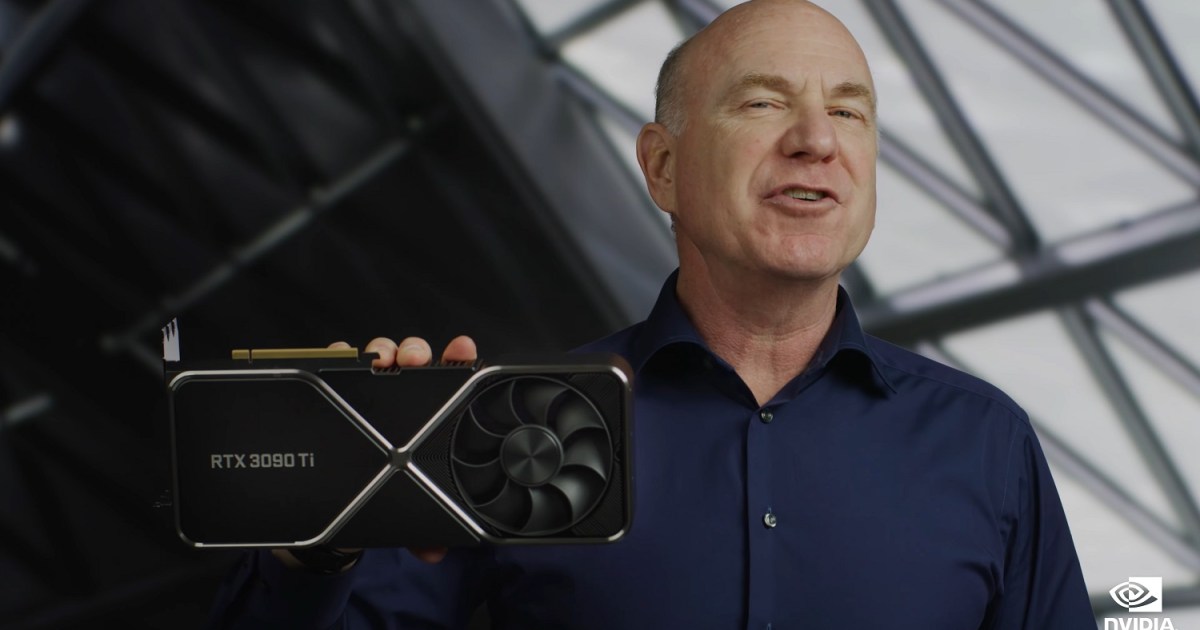

It’s been a busy yr for the Worldwide House Station (ISS).
Orbiting about 250 miles above Earth, the ISS has welcomed new astronauts and bid farewell to others, carried out 12 spacewalks, hosted NASA’s first paying vacationers, dodged hazardous particles, and skilled a critical leak from a docked spacecraft.
Once they’re not gazing out on the attractive views throughout downtime, the orbital outpost’s inhabitants spend most of their time engaged on science experiments in microgravity circumstances.
This week, with just some days left of 2022, NASA shared a video exhibiting photographs of a few of the science analysis that’s taken place on the ISS over the past 12 months.
The pictures embody considered one of NASA astronaut Kayla Barron, who arrived on the station in November 2021 earlier than returning dwelling in Might. She may be seen checking vegetation rising contained in the station’s Veggie analysis facility for an experiment designed to enhance water and nutrient supply for vegetation cultivated in house. Wanting additional forward, work like this can profit long-duration crewed missions to Mars and past, enabling astronauts themselves to handle some their meals wants by rising it on their spacecraft.
There’s additionally a picture of the FLUIDICS investigation that NASA says might assist to enhance satellite tv for pc gasoline techniques whereas on the similar time enhancing our understanding of how Earth’s oceans work.
Take a look at the picture of a website in New Mexico, too, which options proof of a decades-long eruption. Lots of the Earth photographs had been captured from the station’s Cupola, a seven-window module that provides beautiful views of our planet.
“This previous yr, spacecraft carried crew from around the globe to and from the house station, the place they participated in and supported tons of of scientific investigations and know-how demonstrations,” NASA stated in feedback accompanying the video. “From deploying CubeSats to finding out fluid dynamics in house, the orbiting lab expanded its legacy of science and discovery for the advantage of humanity.”
Editors’ Suggestions





